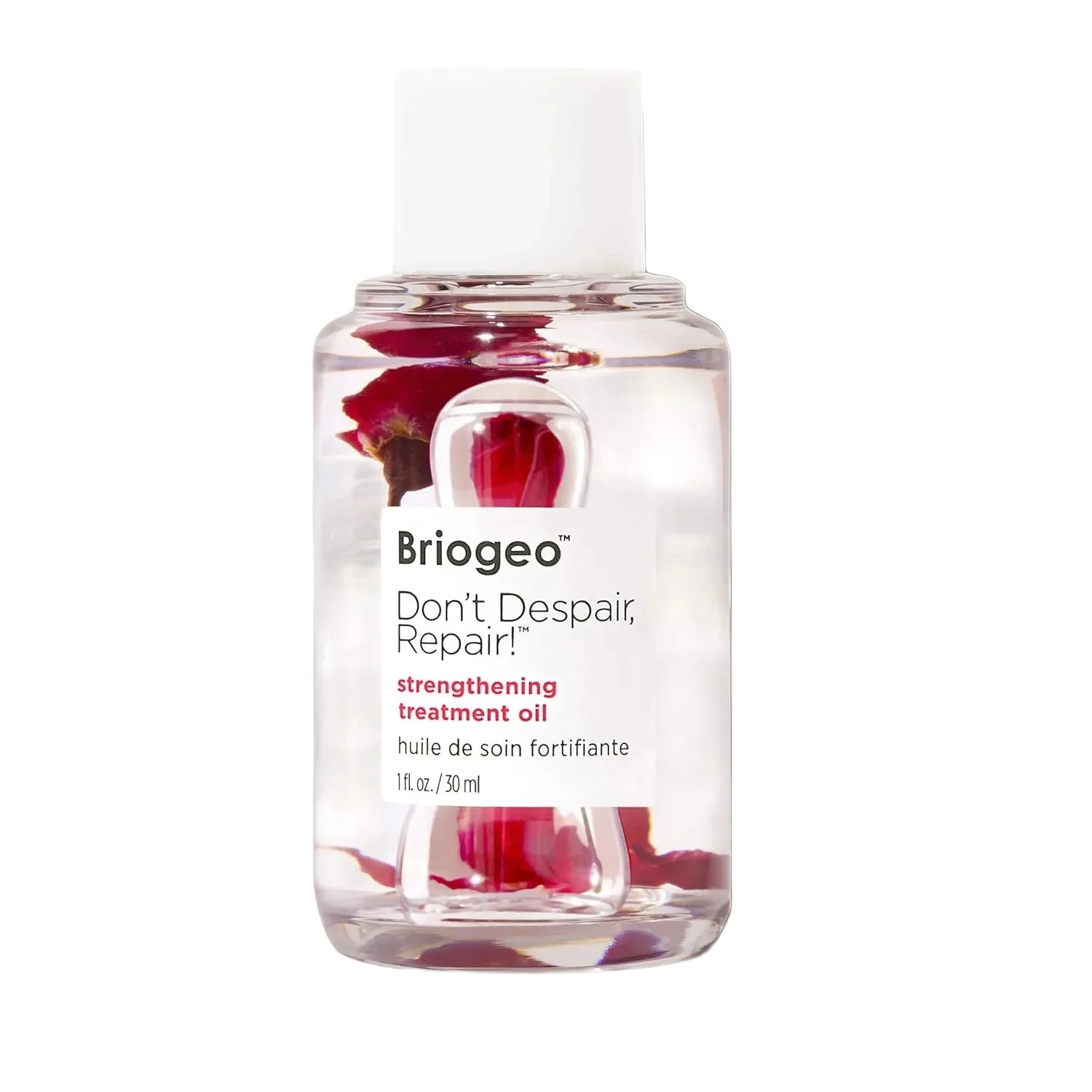Don't Despair, Repair!
shampoo & bodywash & conditioner • For adults • Skin contact 🧴
Product Images
Product Photo

Tap to enlarge
Ingredient List

Tap to enlarge
Is this safe for adults to use Don't Despair, Repair!?
Check for Different Age (6 available)
Ingredients Analysis (30 found)












Common Questions About Don't Despair, Repair!
Adult-safe? Don't Despair, Repair!
Yes, Don't Despair, Repair! is generally considered safe for adults based on ingredient analysis.
What ingredients should I watch out for?
We analyzed 30 ingredients in Don't Despair, Repair!. 1 caution. Check the detailed analysis above for specific concerns.
When can adults using shampoo & bodywash & conditioner?
The appropriate age depends on the specific ingredients. This analysis is for adults. Use the age selector above to check other ages.
⚠️ Important Disclaimers
Product Recognition: Product names are identified programatically and may be incorrect. Always verify product identity yourself.
Safety Analysis: Evaluations are for research only - consult pediatricians for medical decisions. Do not rely solely on this analysis.
No Guarantees: Results may be incomplete or inaccurate. Do not rely solely on this analysis.